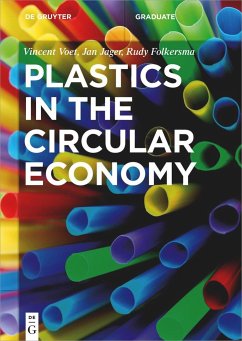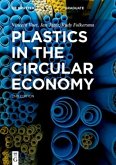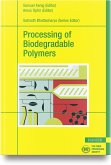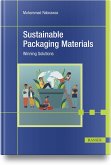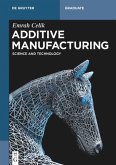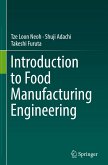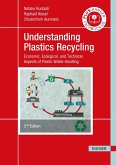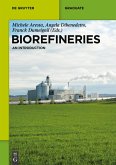We cannot imagine a world without plastics. Plastic products make our daily life safe, healthy and convenient. Besides all the benefits, the current plastics economy gives rise to environmental concerns with respect to fossil oil depletion and plastic waste accumulation. In a circular economy, however, plastics can be redesigned for reusability and recyclability. This book makes the topic of sustainable plastics approachable for students and career starters alike, describing the nature and chemistry of (bio)polymers as well as how to create a closed loop of plastic materials.
Hinweis: Dieser Artikel kann nur an eine deutsche Lieferadresse ausgeliefert werden.
Hinweis: Dieser Artikel kann nur an eine deutsche Lieferadresse ausgeliefert werden.

